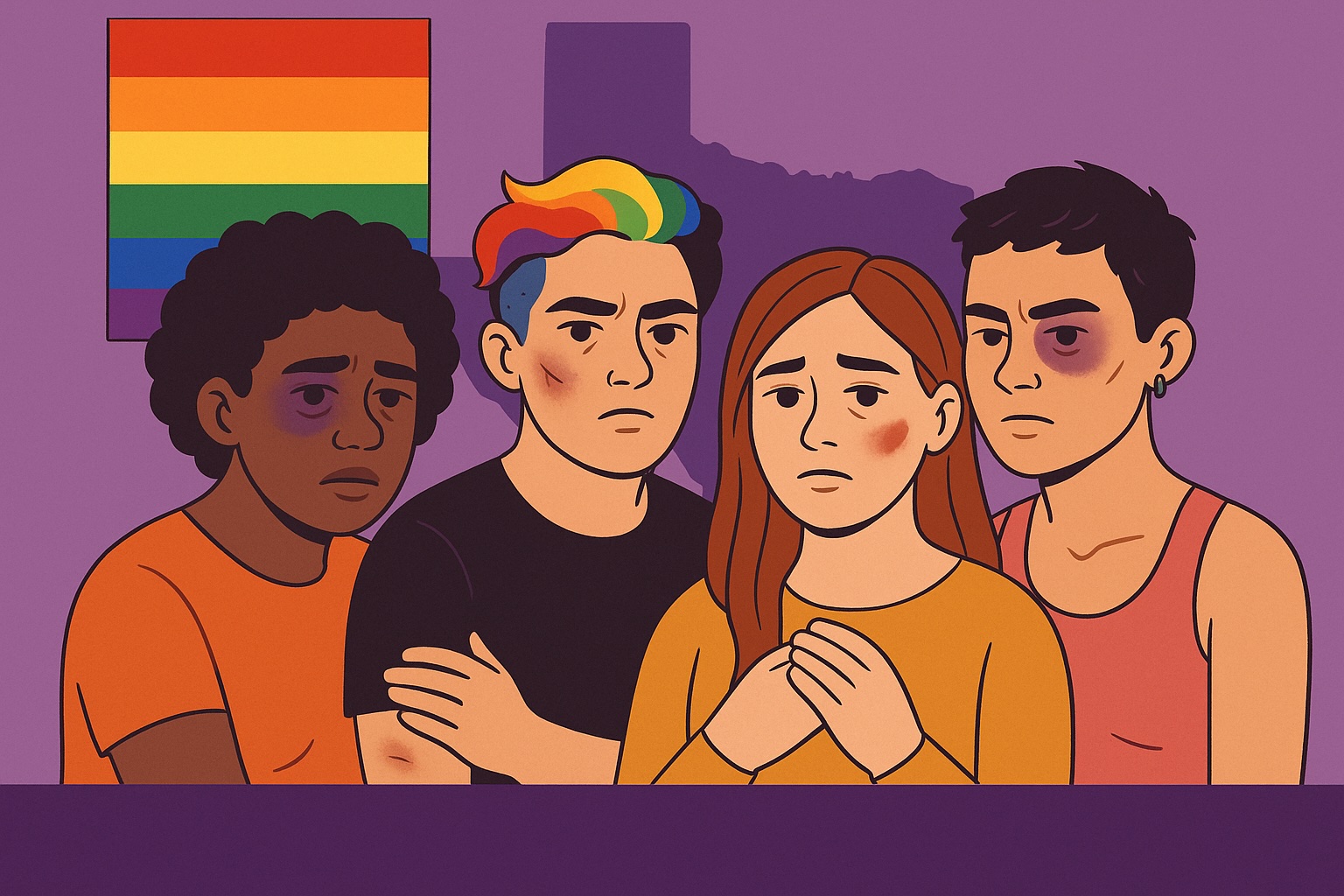LGBTQ+ Survivors of Domestic Violence in Texas
LGBTQ+ survivors in Texas face high rates of domestic violence but limited inclusive services. Learn how advocates are fighting for equality in support systems.

LGBTQ+ survivors in Texas face domestic violence at rates equal to or higher than heterosexual survivors, yet access to inclusive shelters and support remains limited. Abusers often exploit identity-related vulnerabilities, making it harder for LGBTQ+ survivors to seek help.
Barriers for LGBTQ+ Survivors
Discrimination in Shelters: Some report being turned away.
Outing Threats: Abusers threaten to expose orientation or gender identity.
Lack of Inclusive Programs: Services are often designed for heterosexual women.
Healthcare Stigma: Survivors may fear judgment from providers.
Support Systems
Resource Center Dallas provides counseling and legal advocacy.
Montrose Center in Houston offers housing and survivor programs.
Advocacy Groups push for mandatory LGBTQ+ training in shelters statewide.
Conclusion
No survivor should be denied safety due to identity. Texas must expand LGBTQ+ inclusive shelters and services to ensure equal access to protection.
FAQs
Do LGBTQ+ people face higher IPV rates in Texas?
Yes, studies show equal or higher rates than heterosexual survivors.What barriers do LGBTQ+ survivors face?
Shelter discrimination, outing threats, and lack of inclusive services.What groups support LGBTQ+ survivors?
Montrose Center and Resource Center Dallas.Are there inclusive shelters in Texas?
Yes, but coverage is inconsistent across the state.What’s needed to improve support?
Statewide inclusive policies and shelter training.
